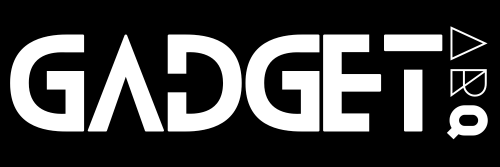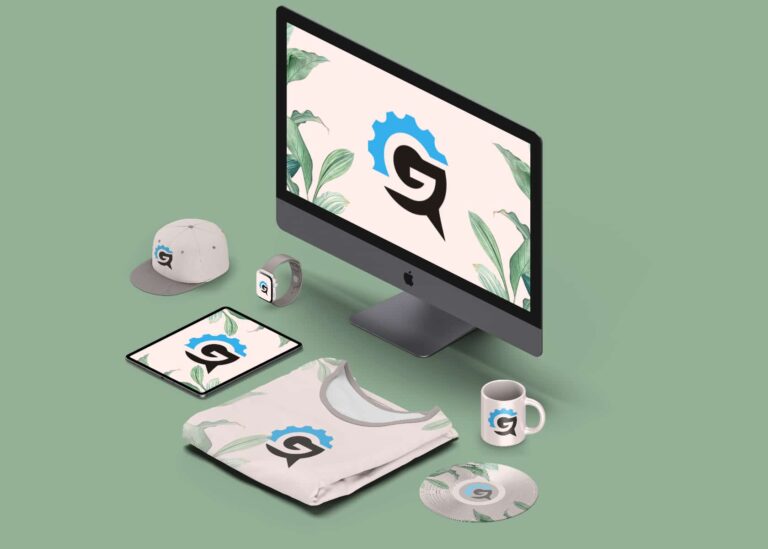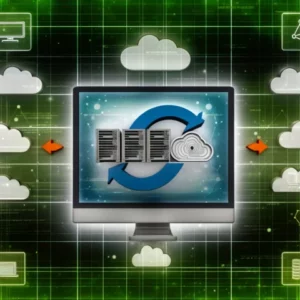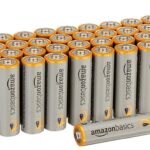Most businesses are now operating in a highly competitive and challenging marketplace. The pandemic has really shaken things up and made things more difficult for companies.
It is more important than ever for business owners to tap into the power of new technology. Doing so in the right way helps them to serve their customers better, cut costs and improve the quality of the products or services that they offer. We have summarised some of the technology that we believe will help your business to not only grow but also adds value to your existing business.
There are a lot of new business technologies available
Interestingly, the pandemic has accelerated the rate at which new technologies have been developed, tested, and deployed. Businesses had little choice but to adapt, which meant that they invested in new equipment in a way they had never done before.
Businesses are spending a lot on new tech
According to a survey carried out by Deloitte before the pandemic, businesses were spending between 2 and 4% of their profits on development projects. But, during the pandemic, those same respondents had ended up spending as much as 15% on new technology.
Here are a few examples of the type of tech they have chosen to buy and deploy. Tools that many more firms are planning to invest in during the current year.
Digital Signage
All kinds of retailers were required to ensure that their customers adhered to CoVid restrictions. For example, maintain social distancing, wear masks, and cleanse their hands. Many found that using digital screens was by far the easiest way to do this, so companies bought a lot of them during 2020 and 2021.
When the restrictions changed, all they had to do was to update the informational image to reflect the change, click a button, and display the new message. Many screen vendors included digital signage software for businesses as a part of the package, which made it super easy to do this. In areas where these restrictions are being lifted, businesses are now repurposing these screens.
They are starting to use them for advertising, to improve brand awareness, and to attract passersby into their retail outlets, gyms, bars, and restaurants. Firms of all sizes are learning how to create simple, highly targeted adverts that convert far better than the ones featured on the static posters their head offices send out. Using digital display screens in this way has the potential to save businesses time and money as well as increase sales and help them to serve customers better.
New Payment Systems
Anything that speeds up the shopping experience is welcomed by customers. This is the case whether you provide services or sell products.
In 2022, many firms are focusing on speeding up the payment process, especially physical retailers. They are installing self-service checkouts at a phenomenal rate, while at the same time trialing cashless stores and in-app payment. All of which speed up the buying processes. While smaller retailers are increasingly allowing their customers to pay using NFT. Something that provides huge benefits for them.
Tech That Improves Data Analysis
Firms are finally waking up to the fact that they are leaving a lot of cash on the table by not collecting, collating, and analyzing their data. This is also the case for smaller firms who are using guides like this one to find out how to do it. They are increasingly investing in software and things like sensors to help them to gather and manage their data.
Leaner Yet More Powerful Cloud Computing
The fact that firms are capturing more data and analyzing it means that they need far more computing power. In many cases, the solution is to use the cloud. A technology that is itself evolving at an amazing rate as you can see here. Making it even easier for businesses to benefit even more from cloud computing than they have done, in the past.
IoT Comes of Age
The Internet of Things is a much-vaulted technology that has been struggling to gain traction. Something that is now starting to happen. The emergence of 5g, better Wi-Fi connectivity, more robust security, cloud computing, and networking have combined to create the perfect storm for IoT technology.
It is now dependable and cheap enough for practically any business to tap into. Some are using it much as homeowners do. For example, installing smart lighting and heat sensors to reduce their power bills. But others are being far more inventive about how they are using it. Several real-life examples are shared in this article.
The needs of modern consumers and challenges like global warming mean that the pace of innovation has sped up considerably. So, there is no doubt that 6 months from now this list will have changed.
















